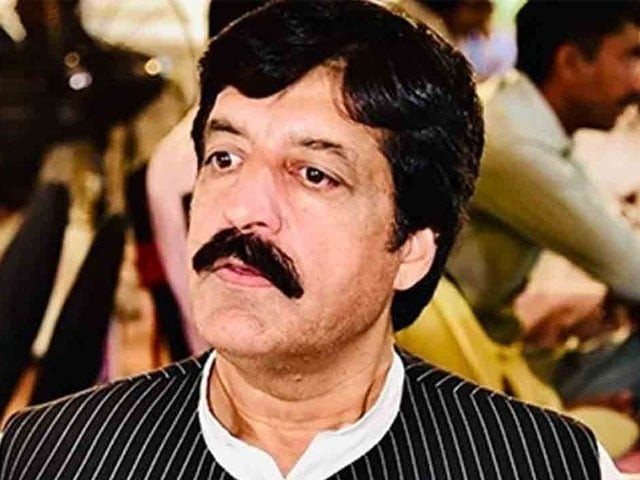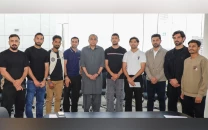Punjab governor slams PM for focusing on judges' extensions instead of helping poor
It’s not PM's job to handpick a chief justice from a selection of judges, says Sardar Salim Haider

Punjab Governor Sardar Salim Haider harshly criticised Prime Minister Shehbaz Sharif for prioritising the extension of judges over addressing the needs of the poor.
Speaking at an international law conference at Kahuta University on Saturday, Haider accused the PM of neglecting his duty to help the disadvantaged in favour of judicial matters.
“Instead of assisting the poor, the prime minister is busy extending the terms of judges,” Haider stated during his speech, adding that it was not the PM's job to handpick a chief justice from a selection of judges. “History shows that when this has been done, politicians have always faced backlash.”
The governor highlighted the flaws in the country’s justice system, describing it as outdated and weak, with the poor bearing the brunt of the difficulties. “The justice system and police culture reflect the state of our society. Civil cases drag on for generations, while filing an FIR requires political support,” he remarked, noting that the system heavily favours the powerful.
Haider also addressed the working conditions of the police, calling for improvements. “Our police officers are overburdened and work around the clock. They deserve better salaries and working hours,” he said, urging reforms to ease the pressure on law enforcement.
The governor pointed to the backlog of millions of cases pending in courts, urging swift changes in civil case proceedings to better serve ordinary citizens. He also expressed disappointment with politicians, stating that their priorities shift once they assume office. “A politician is aware of society’s issues, but after gaining power, their focus changes.”
In his closing remarks, Haider stressed the need for merit-based appointments of judges and rejected the idea of extensions. “If the top candidate is not capable, it’s the nation’s misfortune. Improvement will come only when judges, generals, and bureaucrats feel the pain of the nation,” he said, calling on those in power to prioritise merit.
Haider urged the prime minister to focus on passing laws that benefit the poor instead of intervening in judicial appointments.





1733130350-0/Untitled-design-(76)1733130350-0-208x130.webp)













COMMENTS
Comments are moderated and generally will be posted if they are on-topic and not abusive.
For more information, please see our Comments FAQ